The Gulf and Caribbean Fisheries Institute Conference (GCFI) is an annual event that bridges the gap between a range of stakeholders including fishers, policymakers, marine resource managers, students, scientists and non-governmental organizations to foster learning and collaborative approaches to better tackle key environmental issues facing the region. Because of the global COVID-19 pandemic, this year’s conference was entirely virtual.GCFI hosted its 73rd meeting during November 2-6, 2020 under the theme: Stories from the Field. The theme was designed to “highlight approaches that lead to successful outcomes, such as those that:
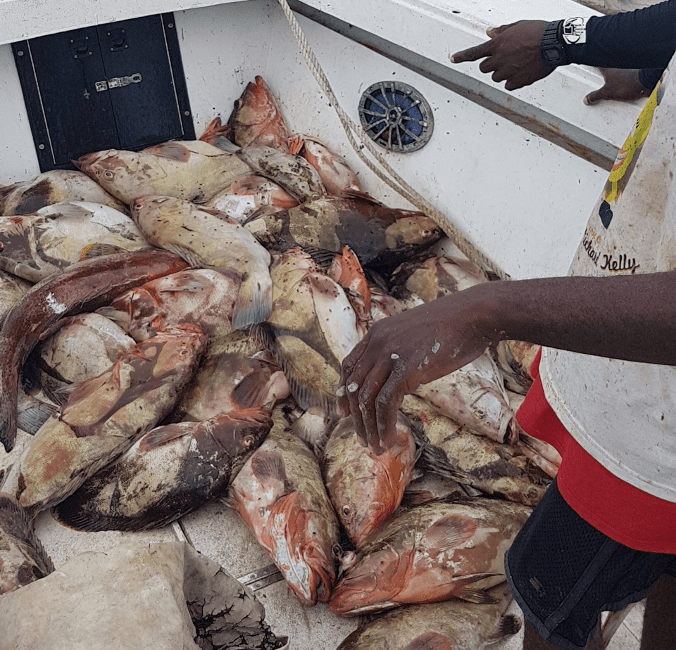
- Identify best practices for effective conservation and sustainable use of Gulf and Caribbean resources.
- Strengthen alliances between science and beyond by conveying innovative cooperative relationships that support implementation of ocean-related solutions.
- Promote transboundary, and national initiatives, transdisciplinary networks, and research partnerships.”
More than 100 people from different countries across the Gulf of Mexico and the Caribbean region attended!
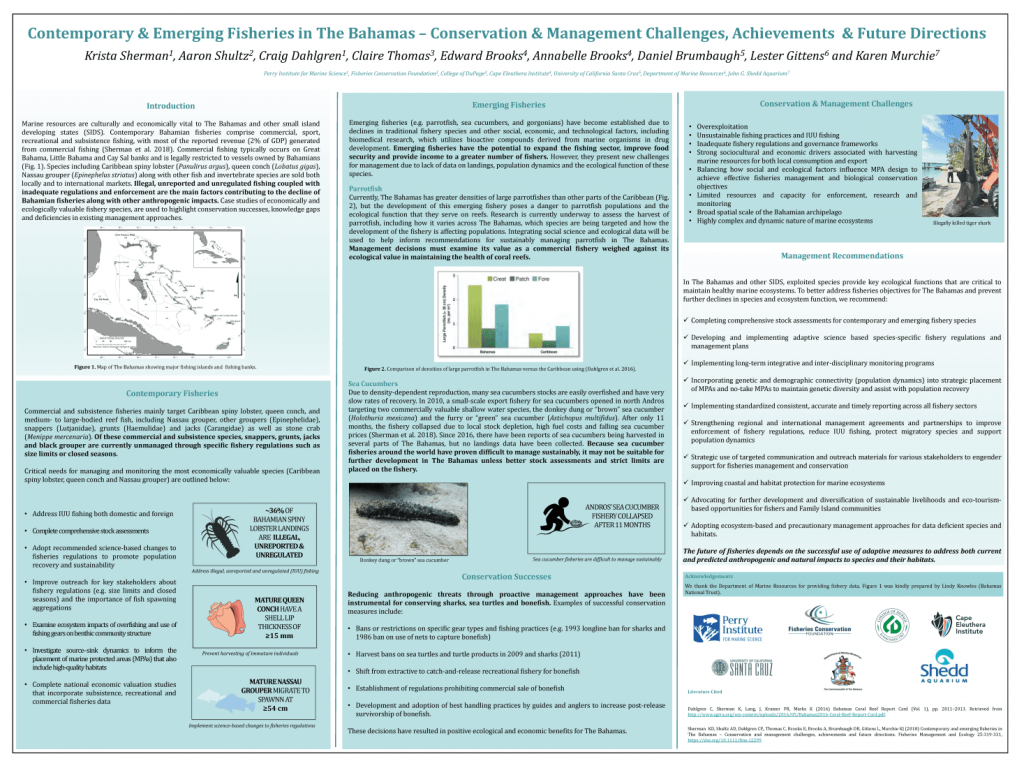
Click the poster above to download the PDF from a new window.
The Perry Institute of Marine Science (PIMS) was represented by Senior Scientist, Dr. Krista Sherman who participated in the interactive e-poster session and was an invited panelist for the special session and technical workshop on recreational fisheries that was organized and hosted by the Environmental Defence Fund (EDF). Invited panelists included representatives from The Bahamas, Belize, Cuba, Mexico, and the United States of America.Each panelist shared experiences and perspectives, including progress and challenges related to recreational fisheries management and shared potential strategies for addressing these issues. Main concepts stemming from these discussions included the need for effective governance, monitoring and data collection, reporting, enforcement, inclusiveness, and participatory engagement with stakeholders. A technical report will be prepared and shared with the public to identify next steps for advancing recreational fisheries management throughout the region.
The entire GCFI73 E-Poster Showcase can be viewed online and will remain interactive until October 2021. Be sure to check out the poster submitted by Dr. Sherman based on the co-authored review paper – Contemporary and Emerging Fisheries in The Bahamas: Conservation and Management Challenges, Achievements and Future Directions.Recordings from the conference can be accessed via GCFI’s YouTube channel.
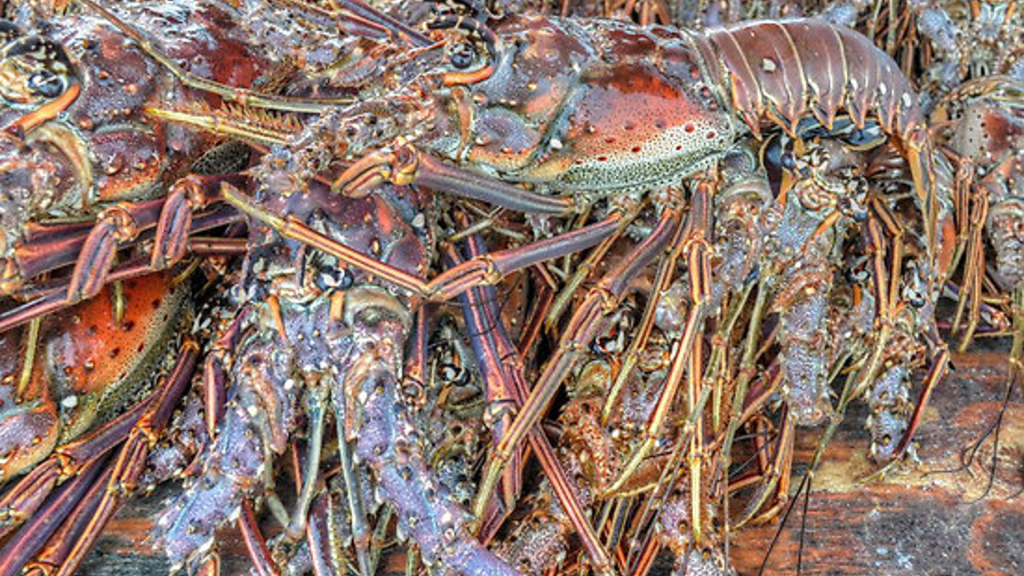
To learn more about fisheries research at PIMS visit the Fisheries Research & Conservation Program on our website and follow us on social media via @perryinstituteformarinescience.

Build a Coral Reef for the Holidays | PIMS x Partanna
PIMS is partnering with Partanna to build a 100m² carbon-negative reef. Rick Fox is matching donations up to $25k. Help us build a sanctuary for the future.
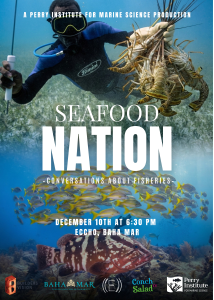
“Seafood Nation” Documentary Premiere Explores the Heart of Bahamian Culture and the Future of Fisheries
NASSAU, The Bahamas | December 5, 2025 – From the bustling stalls of Potter’s Cay to family kitchen tables across the archipelago, seafood is far more than just sustenance in
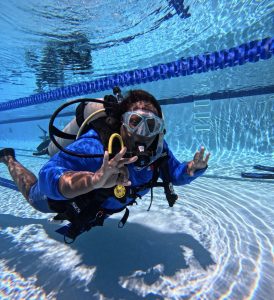
PIMS and Disney Conservation Fund Partner to Train 19 Government Divers
PIMS dive training in Nassau strengthened national coral restoration capacity across government agencies. Bahamas Dive Training Builds National Coral Restoration Capacity Last fall, between the months of September and October,
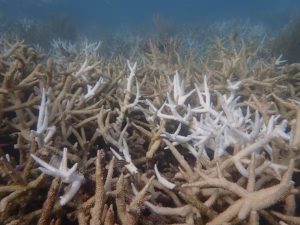
Florida’s Coral Reef Crossed a Line: What Functional Extinction Really Means for Elkhorn and Staghorn Corals
Reefs didn’t just bleach. They functionally vanished in one summer. A new Science study co-authored by researchers from the Perry Institute for Marine Science (PIMS) has found that Florida’s two
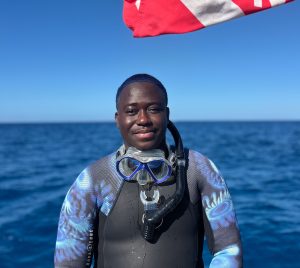
Q&A: Understanding the IDC Course at PIMS with Duran Mitchell
A former aquarist turned coral conservationist, Duran is passionate about understanding how all marine life connects. PIMS & IDC: Empowering New Dive Instructors for Marine Conservation PIMS & IDC: Empowering
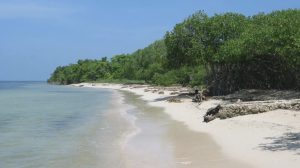
Forbes Shines a Spotlight on Coral Reef Restoration in the Caribbean
When Forbes highlights coral reef restoration, it signals something powerful: the world is paying attention to the urgent fight to protect reefs. And solutions are within reach. Recently, Forbes featured Dr. Valeria


